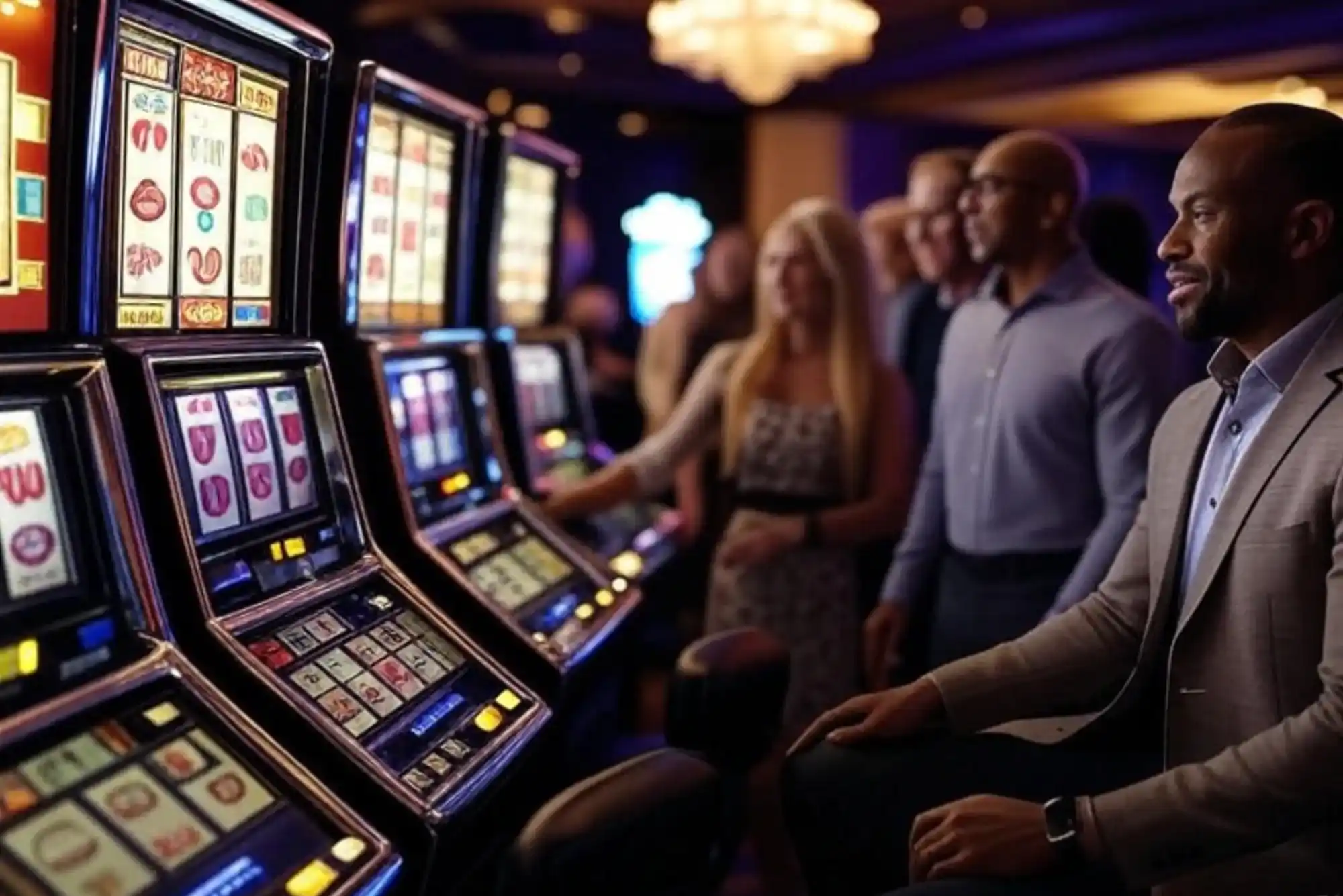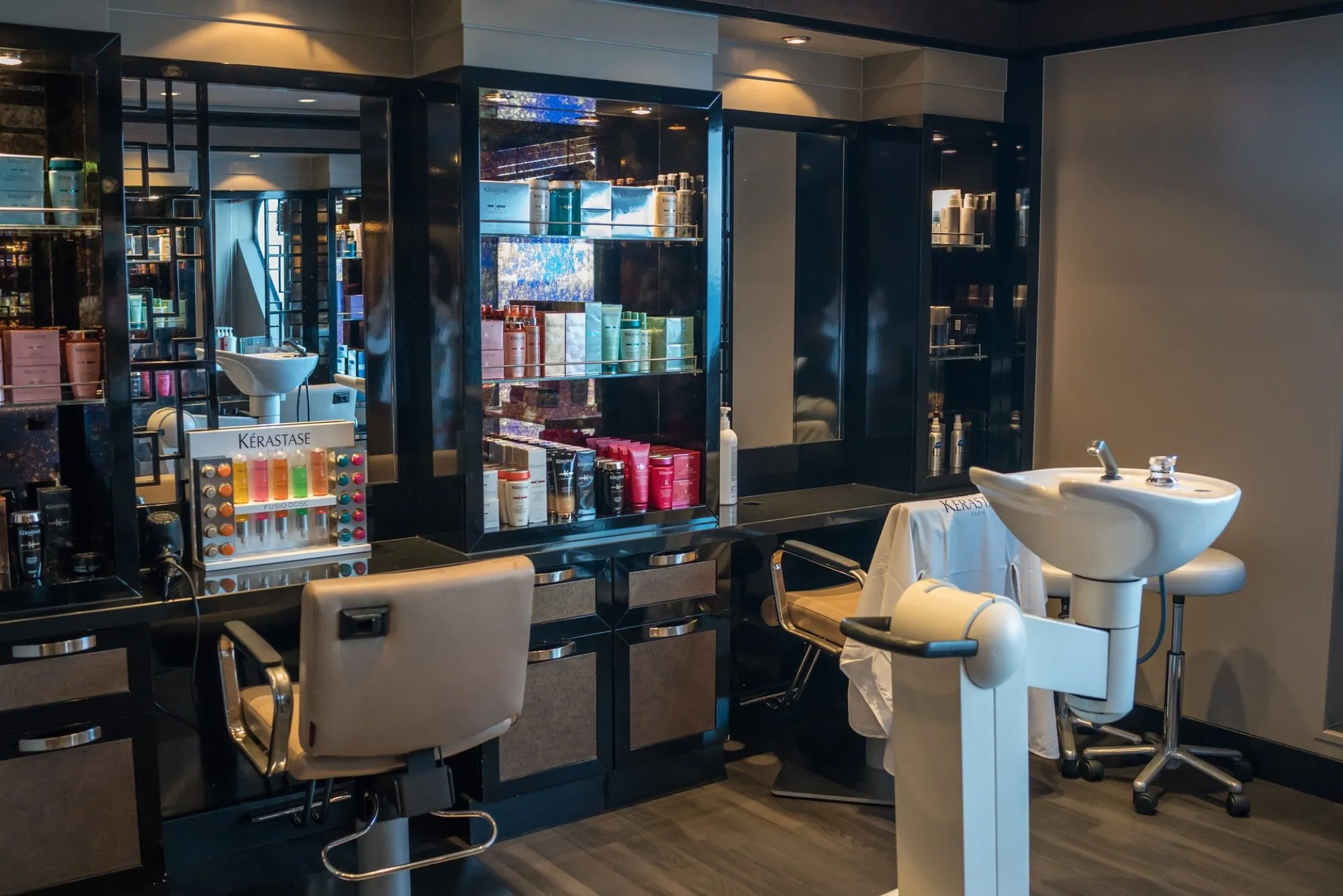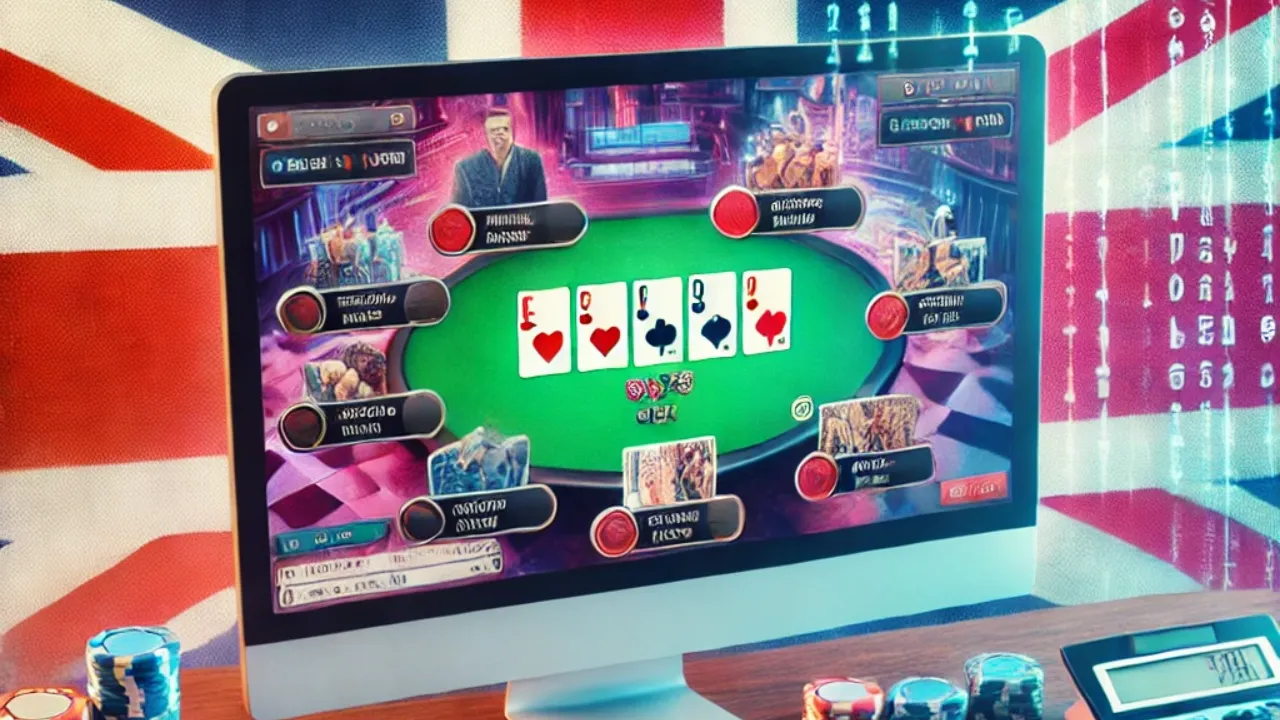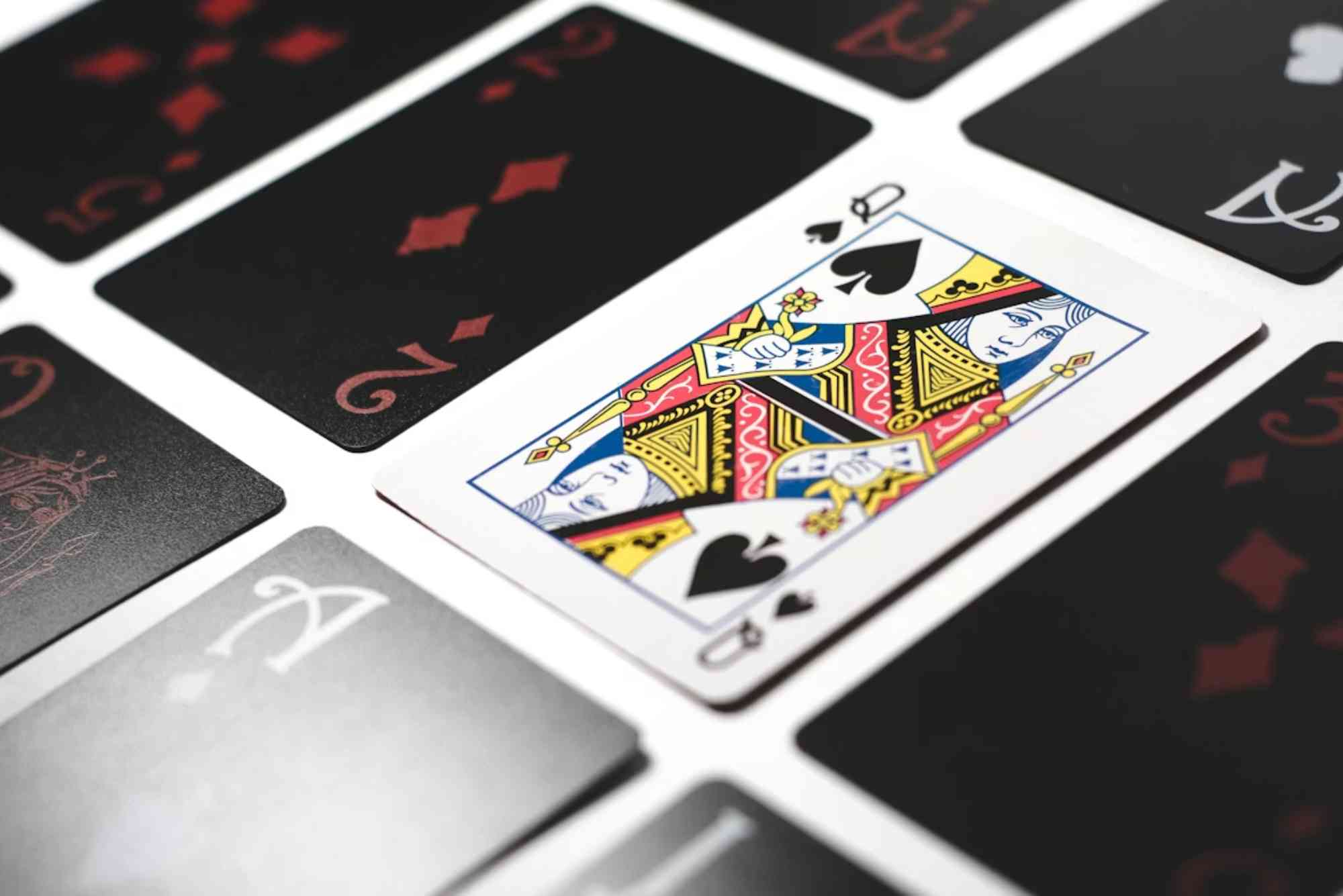As someone who has spent years analyzing the ins and outs of online casinos, one question I often get from new players is: “Why do jackpot slots have lower RTP compared to regular slots?” It’s a fair and insightful question. After all, if you’re going to spend your time and money spinning the reels, you’d want to know where your best chances lie.
In this blog, I’ll break down the mechanics behind jackpot slots, explain what RTP actually means in practice, and help you understand why those shiny progressive jackpots often come with a slightly steeper price tag. We’ll also look at how these games relate to fast payout casinos, and why that matters to smart players.
What is RTP and Why Does It Matter?
Before we can unpack the relationship between jackpot slots and RTP, we need to understand what RTP is in the first place. RTP stands for Return to Player, and it’s expressed as a percentage. This number indicates how much of the money wagered on a slot game is theoretically paid back to players over a long period of time.
So, a slot with a 96% RTP means that for every $100 wagered, the game pays back $96 over time, and the remaining $4 is the house edge. Keep in mind, RTP is a long-term calculation. In the short term, players may win big or lose fast—variance is a huge factor in slot gaming.
What Are Jackpot Slots?
Jackpot slots are slot machines that offer a chance to win a much larger prize—usually a progressive jackpot that grows over time. Every time someone plays that game (or even a network of games), a portion of their wager goes into the jackpot pool. Eventually, one lucky player wins it, often walking away with a six- or seven-figure payout.
Sounds thrilling, right? It is—but that excitement comes at a cost. That cost is usually the game’s RTP.
Why Jackpot Slots Have Lower RTP
Now that we’ve covered the basics, here’s the simple truth: jackpot slots generally have lower RTPs because part of each wager is siphoned off to fund the jackpot.
When a game is designed to offer a massive, potentially life-changing payout, it needs to collect money from every spin to fill that jackpot pot. That portion is not returned to the player during regular gameplay—it’s stored away until someone hits the big one.
So if a regular slot might offer a 96–97% RTP, a jackpot slot could dip as low as 88–94%. That might not seem like a big drop on paper, but over time, that difference really adds up—especially for players chasing frequent wins.
The Tradeoff: Bigger Wins vs. Smaller Payouts
From a psychological and financial standpoint, jackpot slots are a gamble within a gamble. You’re sacrificing steady, smaller returns in exchange for a chance at a huge win.
Think of it like buying a lottery ticket versus playing a strategy-based card game. In jackpot slots, the majority of the RTP is funneled into building up a big reward for a very small number of players. That means that the rest of the time, wins tend to be smaller, and losing streaks can be longer.
However, some players don’t mind this. In fact, many are drawn specifically to that dream of hitting it big. But it’s important to approach jackpot slots with the right expectations.
How Fast Payout Casinos Play Into It
Here’s where the concept of fast payout casinos becomes relevant. These are online casinos that pride themselves on processing withdrawals quickly—often within hours, sometimes minutes. For players who hit it big, especially on a jackpot slot, the last thing they want is to wait days or even weeks for their money.
Imagine this scenario: You’ve just won a $100,000 progressive jackpot. Naturally, your next move is to cash out. If you’re playing at a slow-paying casino, the celebration might be overshadowed by stress, delays, and frustrating verification processes. Fast payout casinos help reduce that friction, allowing you to enjoy your win without unnecessary headaches.
So while jackpot slots might have lower RTP, combining them with fast payout casinos can significantly improve your overall experience—especially when that lucky spin finally pays off.
Transparency and Game Design: A Behind-the-Scenes Look
The truth is, online slot developers are very intentional about RTP. Every game undergoes rigorous testing and is audited by third-party organizations. When it comes to jackpot slots, game designers need to factor in the odds of hitting the jackpot, the size of the jackpot, and the contribution rate from each spin. All of that is baked into the final RTP number.
For instance, a jackpot slot might technically have an RTP of 94%, but only 86% of that is dedicated to base game wins. The other 8% is “locked away” in the progressive pool. That means unless you win the jackpot, you’re essentially playing a game with an RTP of 86%.
This creates a higher house edge for the base game, which is why you’ll often see smaller wins and longer stretches without much action. It’s not broken—it’s just math.
Player Strategy: Should You Avoid Jackpot Slots?
So what should a smart player do? Should you avoid jackpot slots altogether?
Not necessarily. Jackpot slots can still be a great part of your gaming mix, especially if you enjoy high-volatility games and the thrill of potentially life-altering wins. But they should be approached strategically.
Here are some best practices I follow myself:
-
I only play jackpot slots when I have a clear entertainment budget.
-
I don’t chase losses or keep spinning just because the jackpot is “about to drop.”
-
I combine jackpot slot play with fast payout casinos so if I do win big, I’m not stuck waiting.
-
I read the fine print about RTP contributions and understand how much goes into the jackpot fund.
By understanding the mechanics behind the game, you can play more responsibly and with better expectations.
The Psychological Factor: Why Players Still Love Jackpot Slots
Despite the lower RTP, jackpot slots continue to dominate in popularity. Why? Because they offer something regular slots simply can’t: the fantasy of instant wealth.
Humans are wired to dream big. The chance to win $1 million from a single spin is an emotional trigger. It activates the same part of our brains that love lottery tickets or scratch-offs. For many players, the potential upside far outweighs the math.
Also, software providers know how to package these games with stunning visuals, immersive themes, and engaging features. The experience itself is part of the appeal—and for a lot of players, the entertainment value is worth the tradeoff.
Final Thoughts: Know the Game, Play Smart
Understanding why jackpot slots have lower RTP empowers you to make better decisions as a player. These games aren’t “rigged” or “unfair”—they’re simply structured differently because of the prize they’re designed to deliver.
If you go into it knowing the odds, embracing the volatility, and playing at fast payout casinos that treat your wins with respect, you can still have a thrilling and enjoyable experience. Just don’t fall into the trap of thinking a lower RTP means you’re being short-changed. In most cases, you’re paying for the shot at a dream—and sometimes, that’s worth it.
As always, gamble responsibly. Play for fun, not as a source of income, and make sure to manage your bankroll wisely. Because in the world of jackpot slots, it’s all about timing, patience, and a bit of luck.
If you’d like recommendations on reliable fast payout casinos or tips on managing your slot strategy, let me know. I’ve tested dozens and can steer you toward the ones that treat players fairly and pay out winnings without delay.









